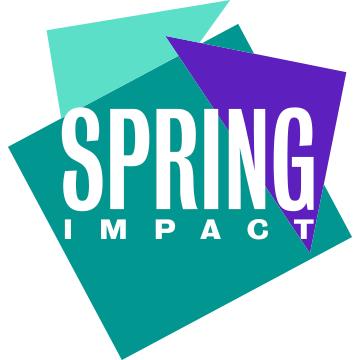In this year’s cohort, some of the organisations were keeping track of their impact through informal conversations with beneficiaries. But to prepare to scale, conversations around impact need to be tracked and formalised.
A formalised and measurable process ensures that the data received is valid, reliable and provides a clear opportunity to demonstrate impact. Formalising the process also allowed the participants to develop evaluation plans, linked to their desired outcomes. Implementing these plans internally will be their first step as they prepare to scale. This will allow the organisations to effectively monitor and evaluate their impact, ultimately garnering leverage that they can use to seek funding and develop partnerships.
Scaling is a highly effective way to increase the impact of a project. Through scale you can increase the number of individuals who receive and benefit from your work. So, it is important for an organisation to consider how they will track that impact, early in their journey.
If not, future M&E challenges will likely prevent that organisation, their partners, and their funders from understanding overall impact, especially the impact that scaling had on the lives of individuals who access those services.”

